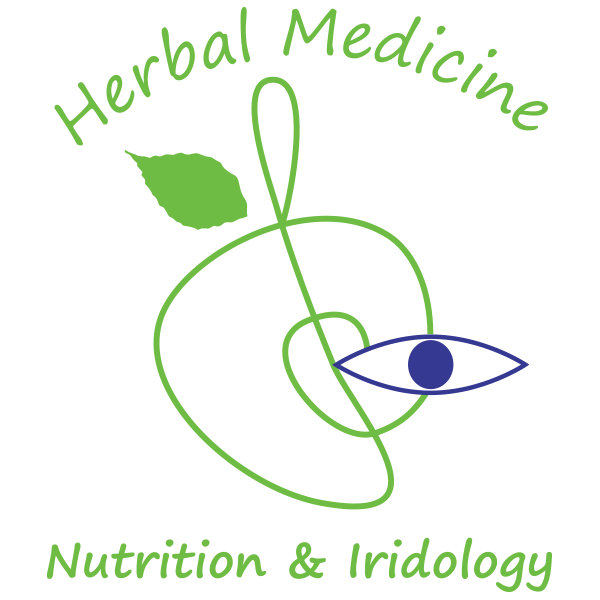Eating healthy is the single most influential factor in maintaining health and disease prevention. Good nutrition presents us with the opportunity to feel good from the inside out. So whether you want to lose or gain weight, improve fertility, maintain good health, improve your athletic performance or quality of life, you can benefit from the expert, science-based advice of a qualified nutritionist.
I regularly help clients to resolve digestive problems, reduce anxiety and to learn how to manage stress, depression and other chronic conditions. Positive outcomes follow consistent incremental changes that improve nutrition and lifestyle habits.
Here’s 12 reasons why people see a nutritionist:
1. Prevention is better than cure.
Learn how to eat to prevent a genetic pre-disposition to diabetes, heart disease or other health condition from developing. Taking control of the influencing factors you can change empowers you to improve your health today and into the future.
2. No more fad diets!
Learn how to reach and maintain a healthy weight while meeting your nutritional needs. Added advantages to a healthy weight management plan include clear skin, improved energy and mood, better quality of sleep and an end to food cravings and yo-yo dieting.
3. Manage food intolerances and allergies
Being told you are lactose intolerant or celiac is not the end of the world, but could mean the end of uncomfortable digestive problems such as bloating, gas and diarrhoea. Learning safe alternatives and tasty new recipes can renew your interest in healthy food that tastes great and will not cause you any upsets or outbreaks of unpleasant or painful symptoms.
4. Learn how to better manage a chronic health condition
Knowing what foods are potentially healing or harmful to your condition can, over time, reduce the severity of symptoms and halt degenerative processes. Many common medications deplete your body of nutrients essential to your health. For example NSAIDS interfere with the absorption of folic acid, iron and vitamin C, while beta blockers deplete CoQ10 and melatonin. You can find a full list here.
5. Increase energy
Eating a good variety of unrefined carbohydrates, fats and proteins with an emphasis on vegetables, whole grains, healthy oils and adequate hydration will help ensure you are meeting your body’s nutritional needs. Nutrient deficiencies can lead to feeling tired and irritable with no apparent explanation. If you are eating right and still suffering with low energy you may not be assimilating the nutrients from your food. An iris analysis can help solve the problem and indicate the nutritional path you need to follow to optimise digestion and raise your energy levels.
6. Improve your mood and mental focus
Diets low in minerals such as calcium, magnesium, selenium, zinc, iron and chromium have been associated with low mood and poor concentration. The right balance of B vitamins, complex carbohydrates, proteins and essential fatty acids are essential for optimal mood and brain functioning. Also important is maintaining an alkaline environment within the body. Mood and mental functioning improve when digestive health is improved. Many of the feel good hormones such as serotonin and dopamine are made in the gut.²
7. Improve your digestive health
A healthy digestive system is fundamental to a healthy mind and body. We need to be able to extract the nutrients from the foods we eat to benefit from them. We also need to be able to eliminate metabolic waste efficiently. Eating foods that optimise digestion and are healing to the gastro-intestinal tract strengthen digestive health. When your digestive system is healthy you are more likely to feel and be healthy.
8. New to a vegan or vegetarian diet
Vegan and vegetarian diets are on the rise. Sadly many people initially make poor food choices when embarking on a plant-based diet. Learning how to meet all your nutritional needs while eating a wide variety of tasty foods can be an enjoyable experience that will enrich your transition to a vegan or vegetarian diet, ensure your success and deepen your commitment to the healthy dietary changes you are making.
9. Training for a sports event
Getting ready for a marathon, sports event or simply embarking on a new fitness program usually means added demands on the body to perform and added demands on energy levels. Simply increasing calories will not fuel your body for optimal performance and endurance as well as a nutritional plan that considers food combining, timing and specific functional foods that correspond to your specific needs. Consulting a nutritionist can help you achieve your short and long-term goals in a healthy way.
10. Perimenopause / Menopause
Our nutritional needs change as we progress through life. During menopause oestrogen levels decrease, this can increase a woman’s risk for heart disease and osteoporosis. Menopause is not a disease condition; it is an empowering time in a woman’s life. Adjusting nutrient intakes can help to reduce uncomfortable symptoms and minimise potential weight gain and health risks.
11. Improve fertility
Nutrition and lifestyle habits are just as important during the preconception stage as they are throughout pregnancy for both partners. For mothers to be it is important to prepare the body for pregnancy, which can result in a reduction in morning sickness, fatigue, pre-eclampsia, mood swings, constipation and improve post-natal recovery.
For men a healthy diet and a good level of fitness may help to improve sperm quality and motility. The quality and quantity of specific nutrients such as folate, lycopene, zinc, selenium and anti-oxidants are vital. A well-balanced diet has an important role in the prevention of infertility in both sexes.¹
12. Build immunity and strengthen recovery
If you find you constantly have a cold or frequent tummy bugs and infections, improving the quality of your nutrition will help to strengthen your immunity and improve your ability to recover your health. Fermented foods can help to rebalance gut flora. Foods high in important micro-nutrients can enhance immune functioning while sugars and overly processed foods can weaken immunity. Lifestyle factors such as stress, adequate rest and alcohol consumption are important. Amino acids, antioxidants, essential fatty acids, specific vitamins and minerals are all key to building and maintaining a healthy immune system.
A personalised nutrition plan will ensure you are meeting your body’s current nutritional needs. Contact me if you are considering seeing a nutritionist.
References:
(1) Szostak-Wegierek D. Nutrition and fertility. Online article. Available at: http://www.ncbi.nlm.nih.gov/pubmed/22516697 (accessed 27 September 2016)
(2) Understanding nutrition, depression and mental illnesses. Online article. Available at: http://www.ncbi.nlm.nih.gov/pmc/articles/PMC2738337/ (accessed 27 September 2016)

